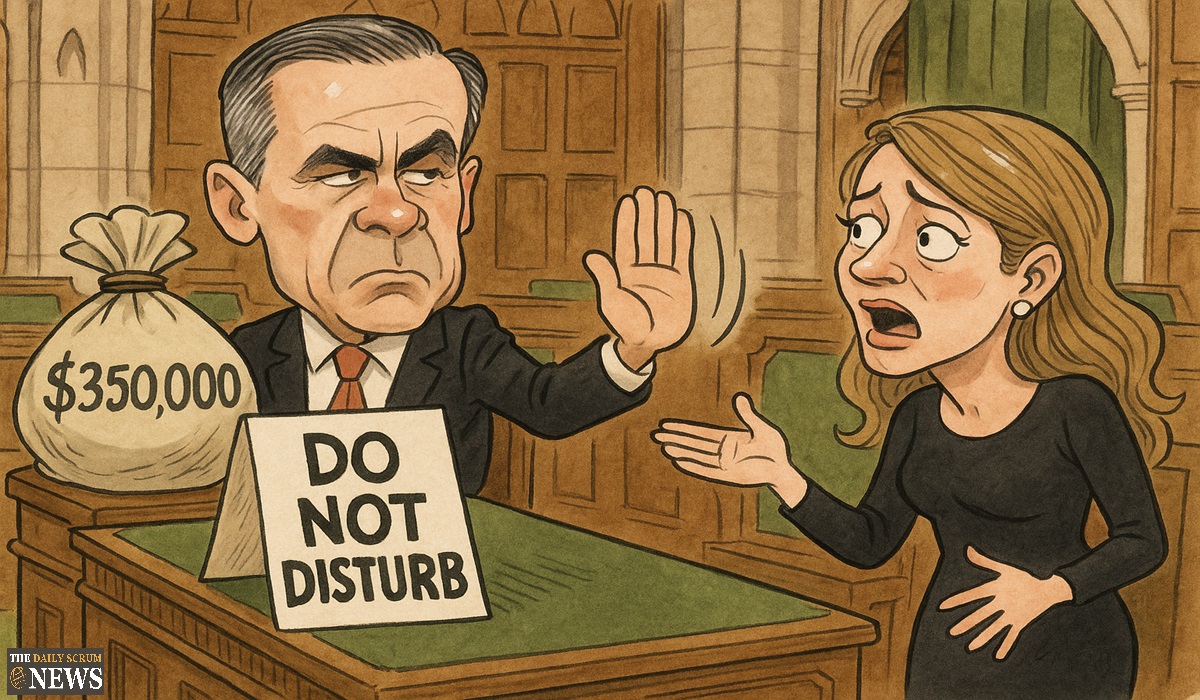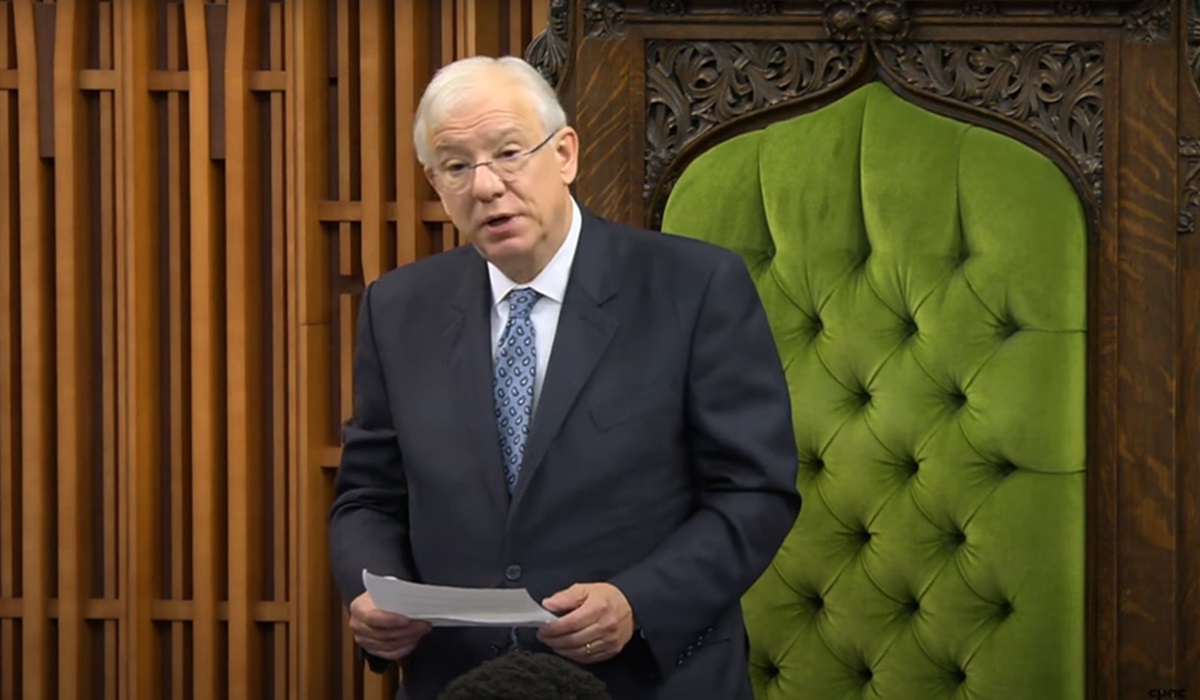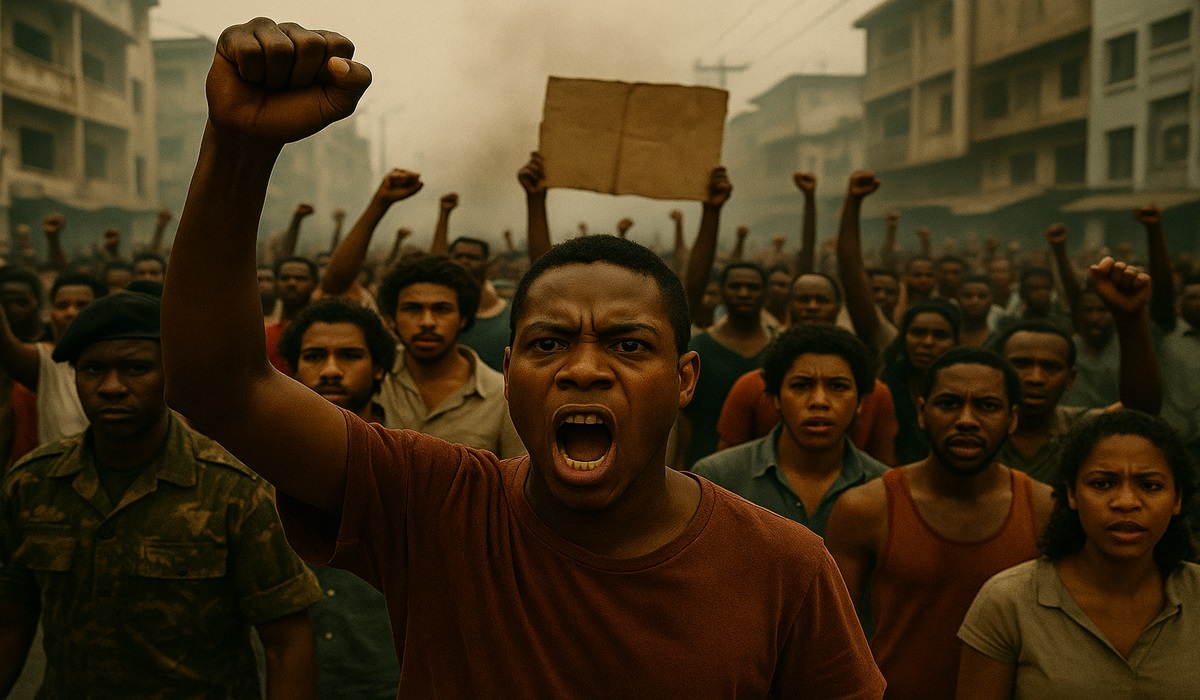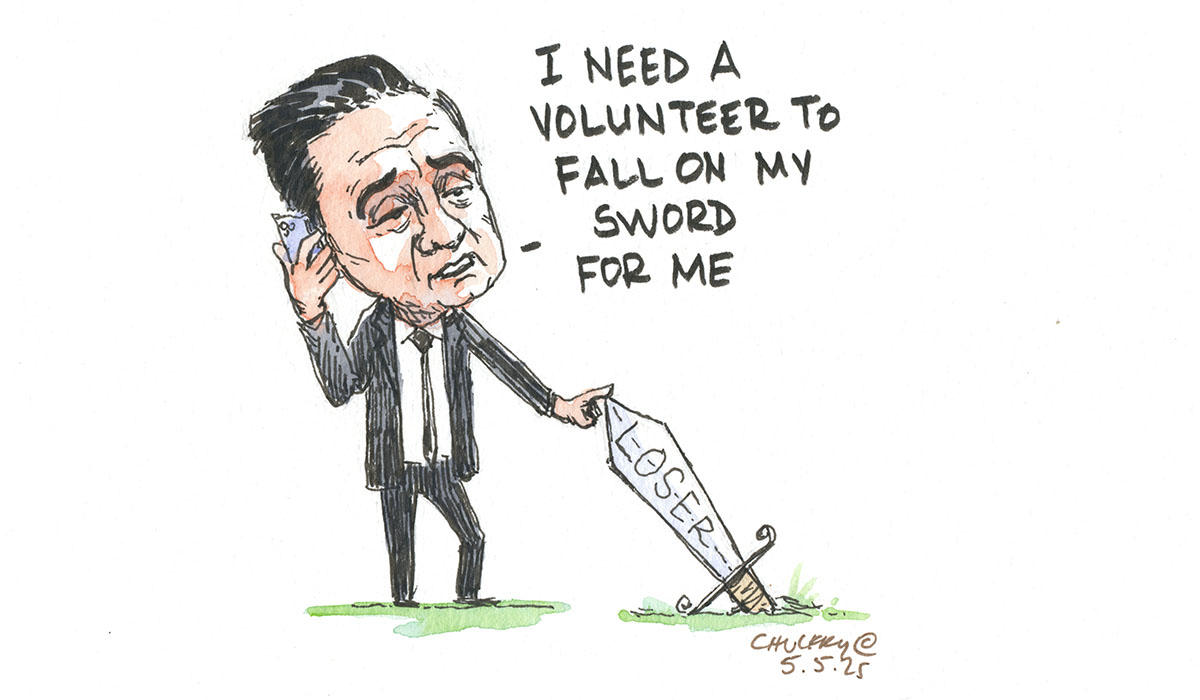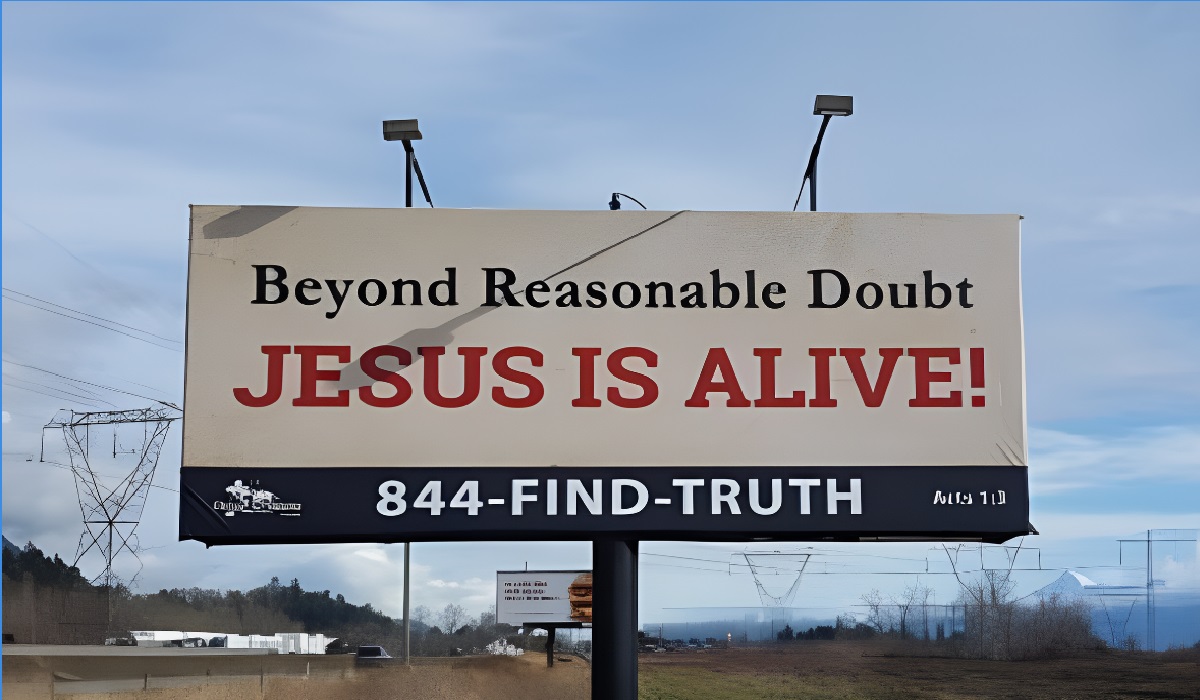The Road to Dignity: How President Traoré is Paving a New Future for Burkina Faso
- TDS News
- Africa
- Trending News
- May 25, 2025
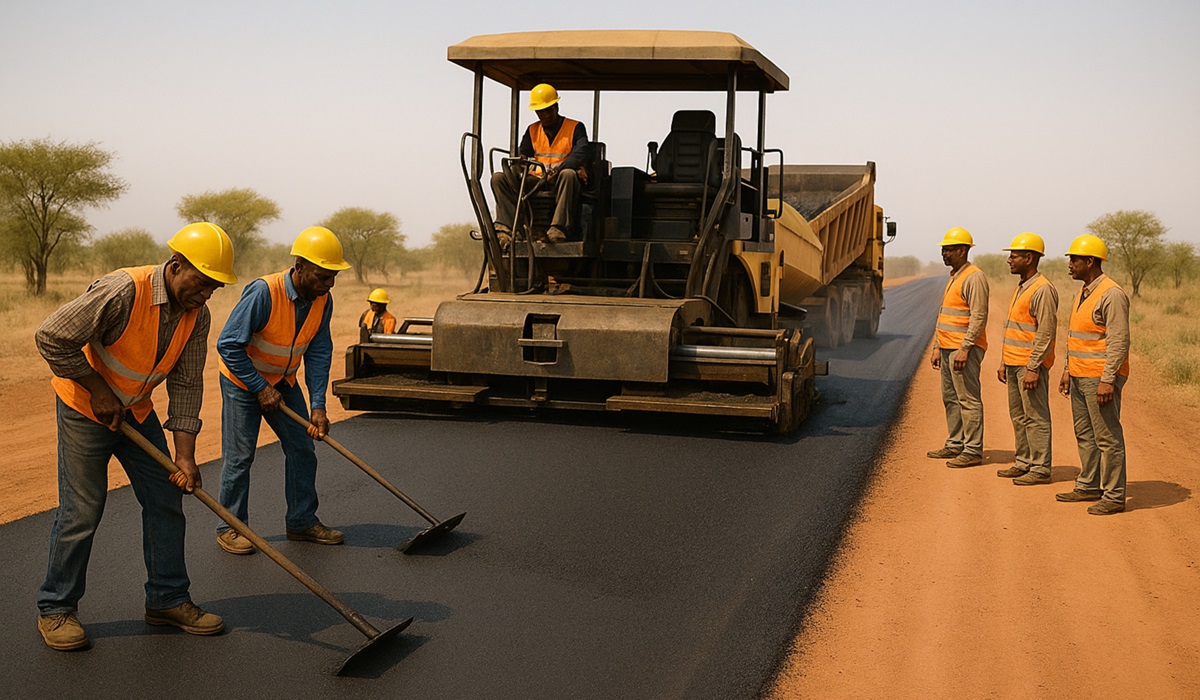
Since Captain Ibrahim Traoré took over as President of Burkina Faso, the country has witnessed nothing short of a tectonic shift—not just in political will or public morale, but in the literal ground beneath the people’s feet. For decades, the Burkinabè were left to trudge through dust, mud, and decay, with fewer than 3,000 kilometers of paved road stretching across a landmass larger than Greece. Let that sink in. A nation of over 270,000 square kilometers, long neglected by its former colonial rulers and post-independence leadership, had less paved infrastructure than a small European province.
For years, road development in Burkina Faso was a sham—an illusion maintained only where it mattered most to those extracting the country’s wealth. Roads didn’t connect communities; they connected mines to airports. These were lifelines not for the people but for the corporations, primarily foreign, who sucked the land dry and left the rest of the country in infrastructural darkness. The logic was colonial, the outcome neocolonial, and the people were trapped in a cycle of underdevelopment.
But under Traoré, the old script has been shredded. His administration has made one thing clear: the era of extractive infrastructure is over. In its place comes an ambitious, bold, and necessary project—to pave 5,000 kilometers of road every year. This isn’t just a leap. It’s a quantum jump in vision, a declaration of independence from the slow grind of past inertia. And it’s not just political theatre; it’s already happening.
The scale of this ambition may seem astronomical, but it’s rooted in a very real understanding of what roads mean to a country. Roads are the veins through which opportunity flows—linking farmer to market, student to school, patient to doctor, and family to future. You cannot talk about healthcare, education, or economic development without talking about access, and access starts with roads.
To put this into global perspective, China currently builds over 10,000 kilometers of road each year. That’s over 27 kilometers per day. While Burkina Faso isn’t matching that scale yet, the fact that Traoré has aligned his goalposts with this kind of ambition speaks volumes. The point is not to mimic China—it’s to recognize that nations rise when they commit to the hard, physical work of building. Without roads, dreams remain stuck in the mud. With roads, the country starts moving forward—literally and figuratively.
What makes Traoré’s road-building campaign different is the spirit behind it. It’s not about political vanity or multinational profit. It’s about reclaiming national dignity. It’s about connecting regions long forgotten, integrating rural areas into the national economy, and laying the foundation for self-determination. Roads, in this context, are not just concrete and asphalt—they are statements of equality, justice, and potential.
If Burkina Faso stays the course, this could be one of the most important post-colonial infrastructure transformations on the continent. The roads being built today will define the shape of tomorrow—how goods move, how kids get to school, how healthcare reaches villages, how nations define who matters and who does not. And for once, under Traoré, it looks like the people matter most.
So let the roads be paved. Let them cut through the red dust and rocky terrain. Let them carry not just cars and trucks, but a message to every Burkinabè citizen: the road to dignity has finally begun.


